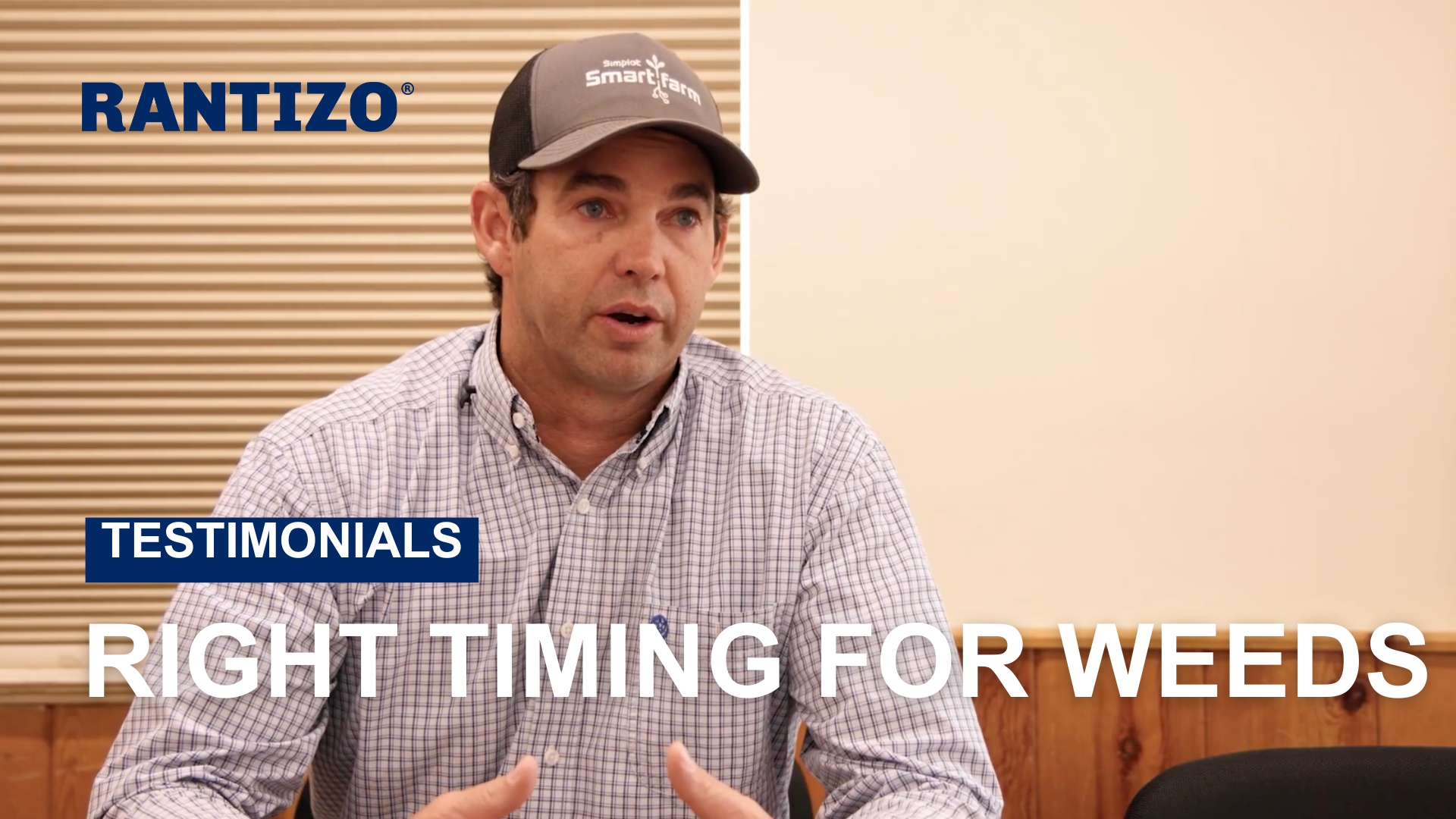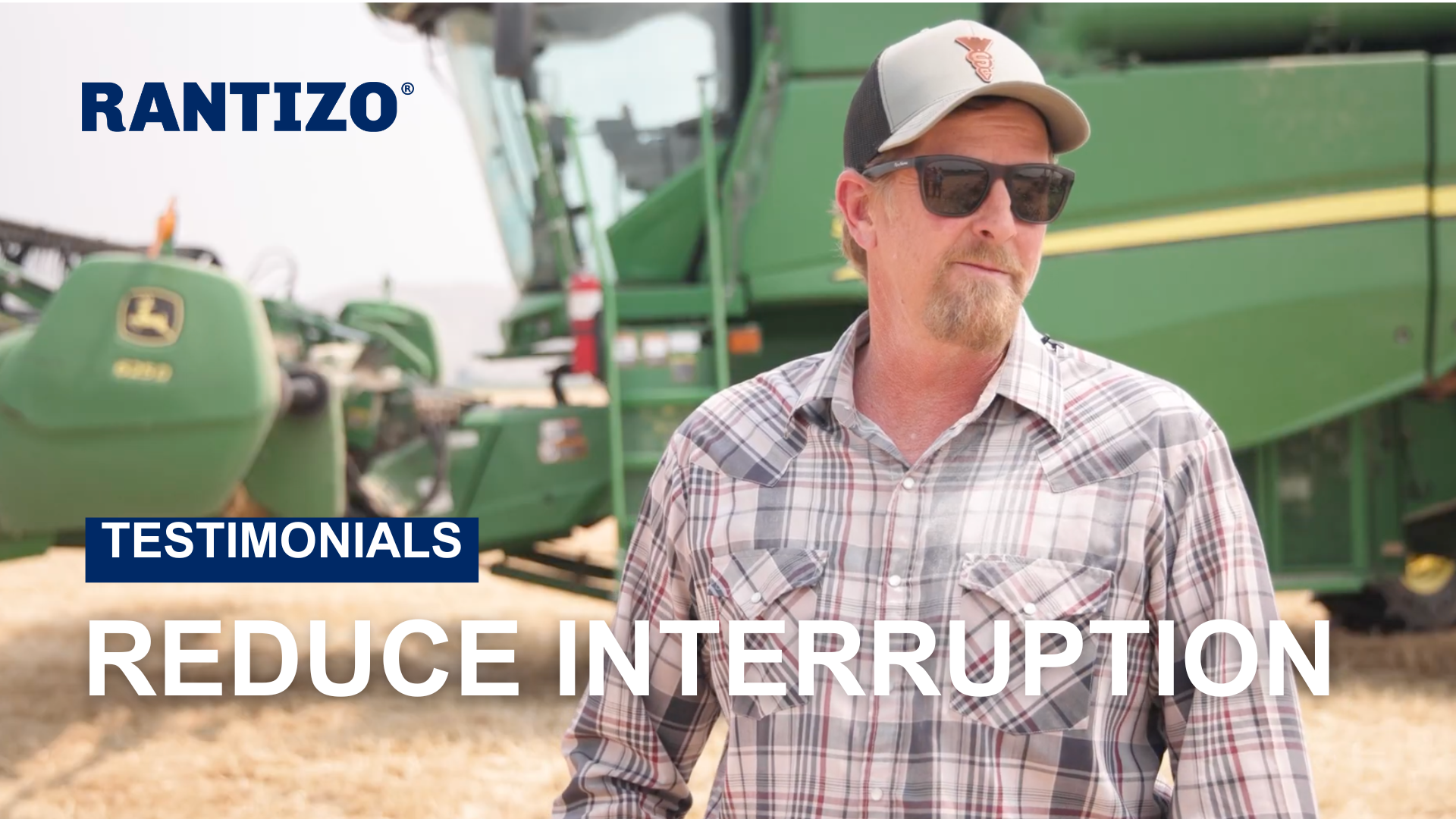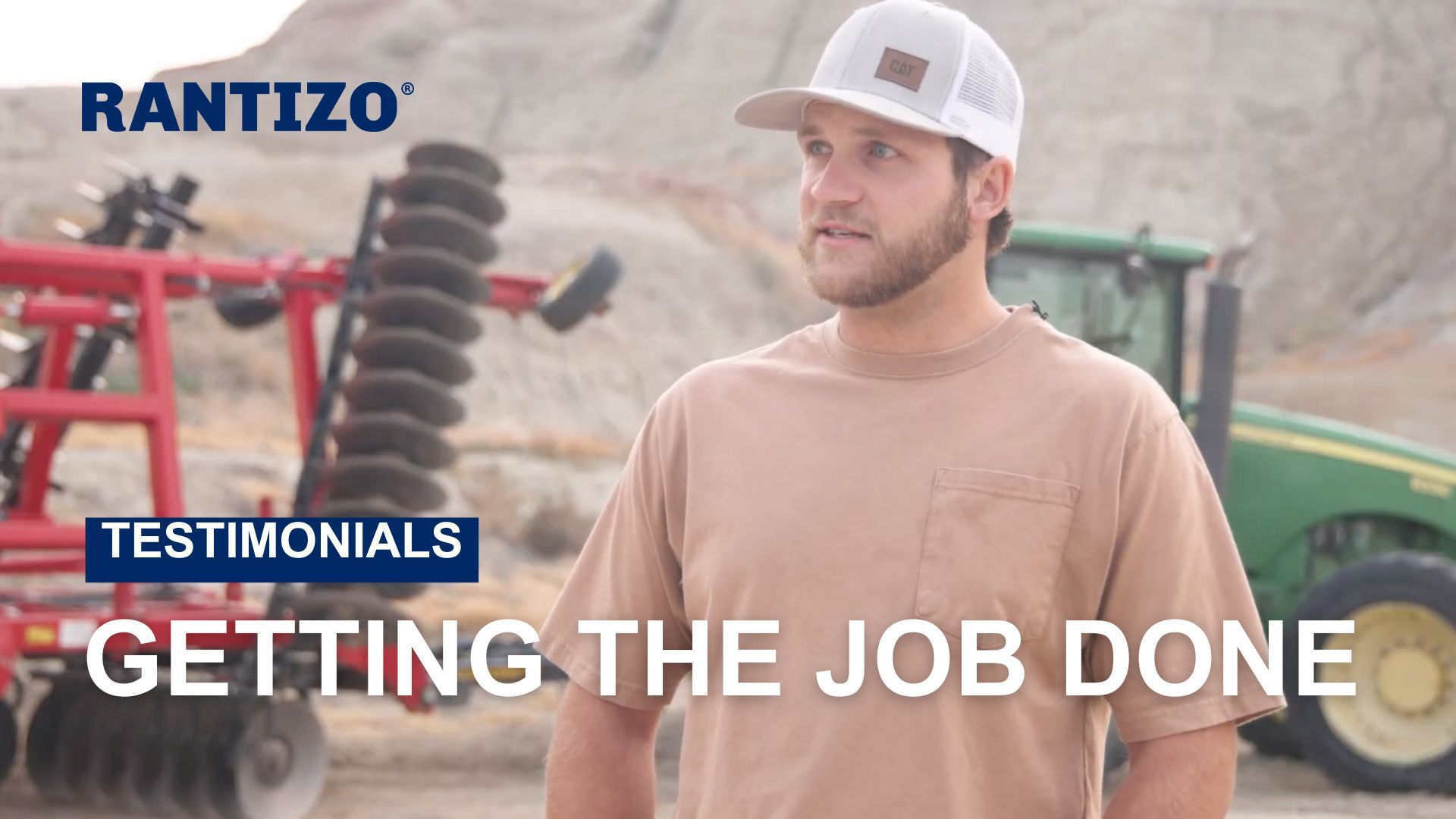RESOURCES
Drone Spraying Makes More Productive Rice Acres
Rice producers operate in a unique environment that comes with many challenges, particularly when it comes to spraying chemicals. Spraying rice must meet several criteria for plane application, particularly since ground rigs are unusable in the often-knee-deep water throughout the rice paddies. Fields must not border any soybeans due to the rice chemical being damaging to bean fields. And to top it off, expanding urban development can deter the most veteran aerial applicators.
A Drone to the Rescue
Jeff Dickens, owner of Dickens Ag Drone LLC of Jonesboro, Arkansas, was keenly familiar with these challenges when he became an independent contractor and drone application services provider with Rantizo in 2021.
Now, Dickens sprays more than 1,500 acres – 95% of which are rice – by drone.
“I spent ten years working in South Dakota and five years in Iowa where I ran into Rantizo at farm shows,” says Dickens. “I’ll admit, I didn’t think it was going anywhere.”
Despite the skepticism, Dickens took a leap when he moved to Arkansas and saw the challenges faced by rice producers.
“When I came to Jonesboro in 2020 and saw the rice levees, I knew drone technology would take off here,” says Dickens. “That’s when I made the decision to partner with Rantizo.”
Rantizo has enabled Dickens to help countless rice producers navigate the headwind that is weed management. He says most of his jobs have involved what he calls, “rescue missions”.
“A lot of this year, utilization of drone applications has been a rescue operation for growers who either didn’t plan far enough ahead or had no other option,” says Dickens. “No one wants to touch fields surrounded by soybeans.”
The first job Dickens did when he became a licensed drone applicator was a rice field bordered by soybeans being used for strip trials conducted by Arkansas State University. Ground rig and plane applicators had continuously told the grower no, for fear of interfering with the university’s research.
“I did the job, the grower was happy, and the university never even knew I was out there,” says Dickens. “In fact, I’ve since sprayed for the university themselves.”
Strong Demand
While most of Dickens’ business is rice, he says growers also take advantage of his drone spraying services on other crops, too. In fact, Dickens does business that has nothing to do with crops at all, demonstrating the need for and versatility of drone applicators.
“Arkansas is duck-hunting country,” he says. “Drone spraying has been getting a lot of attention lately for hunters who need specific spots sprayed in the woods.”
Drone precision is attractive to duck hunters, farmers and university researchers alike. Dickens can use the minimum chemical necessary to complete a job, making it more efficient for both him and the grower.
“The only way I can describe it is you’re getting what you need covered instead of just a general blanket with traditional application,” says Dickens. “Being able to use less water and less chemical is a huge draw for me and my customers.”
And Dickens’ customers and partners aren’t shy in sharing how critical his drone services are to their operation.
“An aerial applicator asked me to spray 75 acres for him,” Dickens shares. “I finished, and he came back and told me to put him down for 85 acres next year. Even after 14 years flying a traditional plane sprayer, he was shocked at how well that drone did.”
Another producer for whom Dickens sprayed a 30-acre, bean-surrounded field told him that he likely wouldn’t have gotten a rice crop if not for the drone application.
Even for crops outside of rice, the drone’s ability to spray close to the plant with precise accuracy is always a win for Dickens.
“The way these drones operate, being able to get so low means the effectiveness is amazing,” he says. “When I started this independent contractor business, I had no idea it would grow to what it is now just two years later.”
Contact the drone experts at Rantizo to see if drone spraying is right for your fields or for your application business.
The post Drone Spraying Makes More Productive Rice Acres appeared first on Rantizo.
share this
past blog posts
Related blogs





